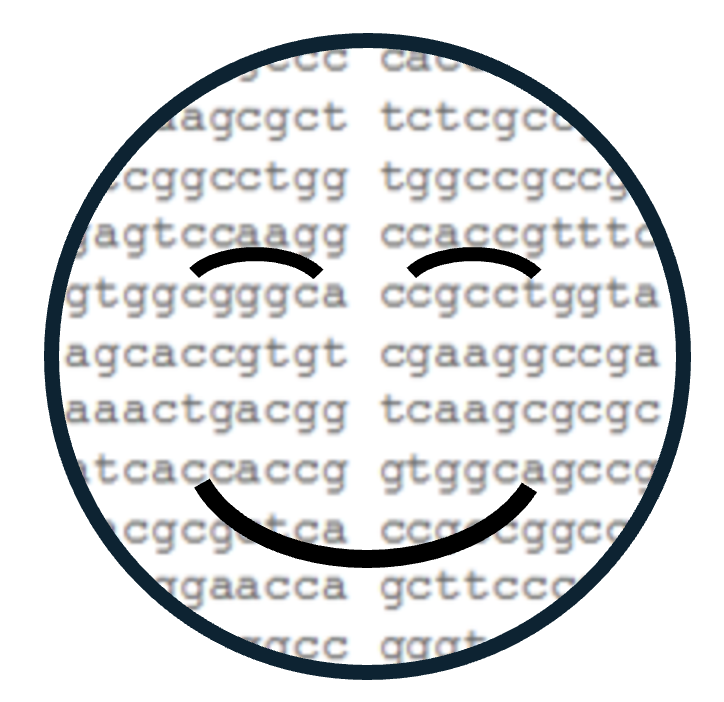It was a perfect Fall Sunday on the trail years ago, and I remember very clearly bumping into husband-and-wife colleagues. They were much older, on the verge of formal retirement. Chatting about the beautiful day, they told me, “After this we’re heading to the university. We decided to work every day. It keeps us happier.” For me, as a young father just treading water in life with no free time at all, this sounded at least a little bit strange.
Continue reading





